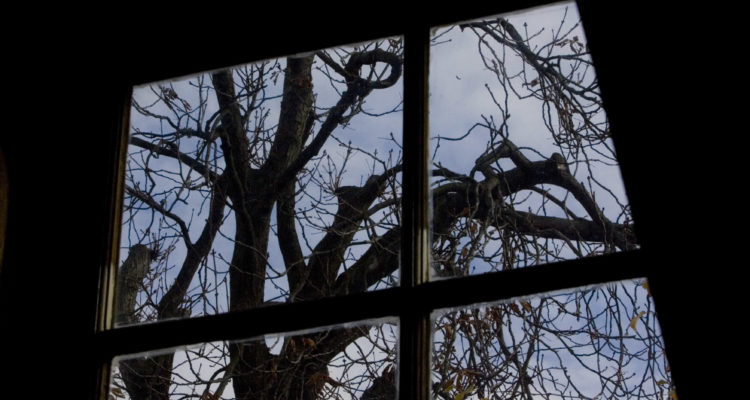German girl who compared socially distanced birthday party with plight of Anne Frank sparks fear that “anti-Semites are targeting children.”
By Ben Cohen, The Algemeiner
An 11-year-old German girl who compared holding her birthday party under coronavirus restrictions with the plight of the Dutch Jewish girl Anne Frank during the Holocaust has fueled concern among German officials that children are being deliberately targeted by anti-Semites as an effective means for breaking social taboos.
The young girl made the comparison with Frank during a speech she gave in the southwestern city of Karlsruhe to a crowd of more than 1,000 people protesting coronavirus social-distancing polices.
Flanked by her mother and sisters, she explained that her recent birthday party had been conducted with less fanfare than previous years, to avoid alerting neighbors who might have then called the authorities.
“We had to be quiet the whole time because otherwise we might have been tipped off by our neighbors,” the girl told the Nov. 10 demonstration. “I felt like I was with Anne Frank in the Secret Annex, where they had to be as quiet as a mouse to avoid getting caught.”
Far-right symbols and signs that deploy Holocaust imagery as an analogy for present-day restrictions have been a common feature of the increasingly vocal protest movement in Germany opposed to social distancing and the wearing of protective masks.
There was similar outrage over a coronavirus protest in the northern city of Hannover this past Saturday, where hundreds of demonstrators heard a young woman compare herself with Sophie Scholl — a founding member of the “White Rose” anti-Nazi resistance group who in 1943 was executed by guillotine for distributing leaflets opposing Nazi aggression in Europe.
“I feel like Sophie Scholl, because I have been active in the resistance for months, giving speeches, going to demos, distributing flyers,” said the woman, who introduced herself as “Jana from Kassell.”
The frequent and cavalier use of Holocaust imagery and themes by the coronavirus protest movement has sparked worry that Germany’s much-vaunted public education about the Holocaust was now falling short.
Observing that the protest movement had brought together a coalition of “mystics, peace activists, so-called ‘Reich citizens’ and right-wing extremists,” the leading German official tasked with combating anti-Semitism warned that Germany’s post-war commitment to remember the deeds of the Nazis was under threat.
“Such trivializations of National Socialism and its actual victims not only erode our hard-won culture of remembrance and ridicule the actual victims,” Felix Klein — the federal government’s anti-Semitism commissioner — said in a radio interview on Tuesday. “They either testify to a perfidious, conscious strategy or a lack of empathy and education on many levels.”
In the wake of the 11-year-old girl’s speech in Karlsruhe, one prominent local official warned of a “new escalation.”
“Nazi comparisons had been made all the time during the protests against the corona policy: What is new is that children are being pushed into offensive roles and to participate,” Michael Blume — the anti-Semitism commissioner for the southern state of Baden-Württemberg — told an interviewer on Tuesday.
“Anti-Semitism is now specifically targeting children and specifically using children to break taboos,” Blume stated.





